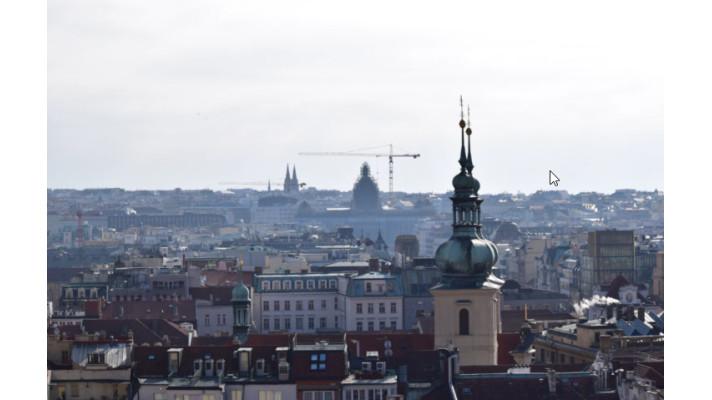Smart Cities' Troubled Relationship with Privacy
Introduction
The beginning of the 2000s saw every facet of human life integrate itself with technology. Nowadays, it isn't easy to see a world without technology, as the benefits it brings are too significant to ignore. And the best examples of this? Modern cities.
Cities have incorporated technology into every facet. Technology helps detect crimes and catch the criminals behind them. Sensors are used to monitor waste and carbon emission to help city officials create a greener city. Many cities also provide city-wide Wi-Fi for residents and tourists.
These cities are on the way or are already smart cities. They're cities that use data collection and analysis to better the lives of its citizens and improve efficiencies.
Why Smart Cities are the Future
The past two decades have seen smart cities pop up around the globe. But what marks a smart city? What makes a city smart?
Take a look at Pilsen, a large city located in the Czech Republic. The past few years have seen Pilsen become a hub of innovation, from an extensive IoT network to a focus on green spaces. Pilsen uses technology to better the lives of citizens--that is the function of a smart city. Let's go over a few examples of what smart cities do.
For one, smart cities distribute resources better than most other cities. This is because intelligent towns tend to have more substantial focuses on infrastructure and overall organization. This renewed focus on infrastructure is vital to smart cities not only for better organization but for continued improvement in citizens' lives.
Smart cities also contain better communication. Because smart cities focus on simplifying and improving all facets of life in the city, communication is a priority. Smart cities often include various sensors and systems that communicate seamlessly.
This improved communication helps with quicker emergency response times and helps the city's government know what in the city needs to be improved or repaired.
Lastly, smart cities, on average, are better for the environment than regular cities. This is because of a few reasons, from efficient public transportation reducing the need for personal vehicles to sensors that help preserve energy, such as by turning off street lights when not needed.
Privacy Concerns Haunting Smart Cities
However, for all the good smart cities to bring to its citizens and the environment, they have a few issues, primarily the issue of privacy.
Smart cities are marked by their use of data collection and analysis to improve the city and citizens' quality of life. Every facet of the city is analyzed, every piece of data stored for reference and use.

While data collection helps improve the city and turns it into a "smart" city, citizens may lose their right to privacy.
Everything a citizen does is analyzed. Traffic is reported, whereabouts are noted, cameras have eyes on everyone, sensors regularly collect any data they can--smart cities lack privacy. And privacy activists around the world have taken notice.
Privacy activists fear the day extreme data collection becomes the new normal. When that day comes--when city governments become surveillance states--citizens will have lost their right to privacy.
Although surveillance states are only extreme cases, the fear of them forming is very real.
The Future of Privacy in Smart Cities
Smart cities have a place in the future because they are the future. The technology available is too beneficial to be ignored. However, privacy concerns will be around for a long time until governments focus on making sure relevant policies are in place to safeguard citizens' privacy.
Smart cities need to be designed around citizens' right to privacy and possess citizen protections. Until this becomes the norm, citizens will have to do whatever it takes to protect their own privacy, such as using a VPN to stay private, staying off public networks, or refusing to use digital government services.
Images from unplash.com
